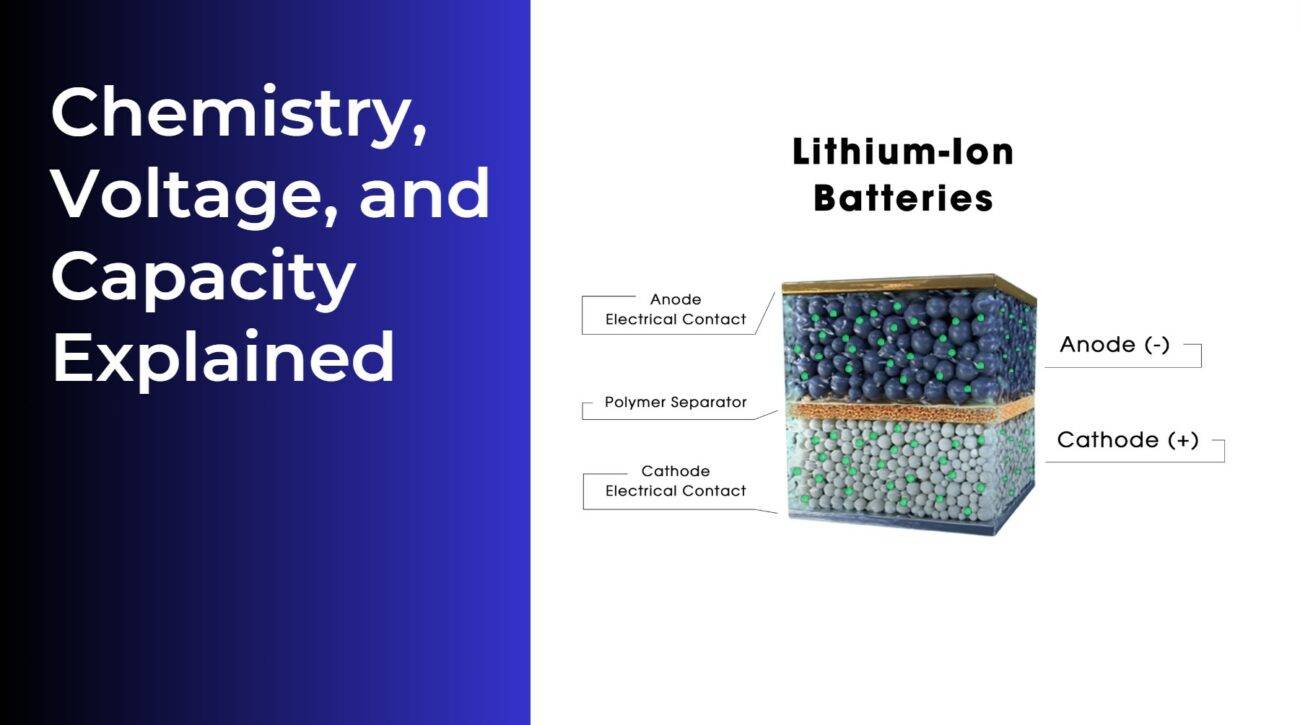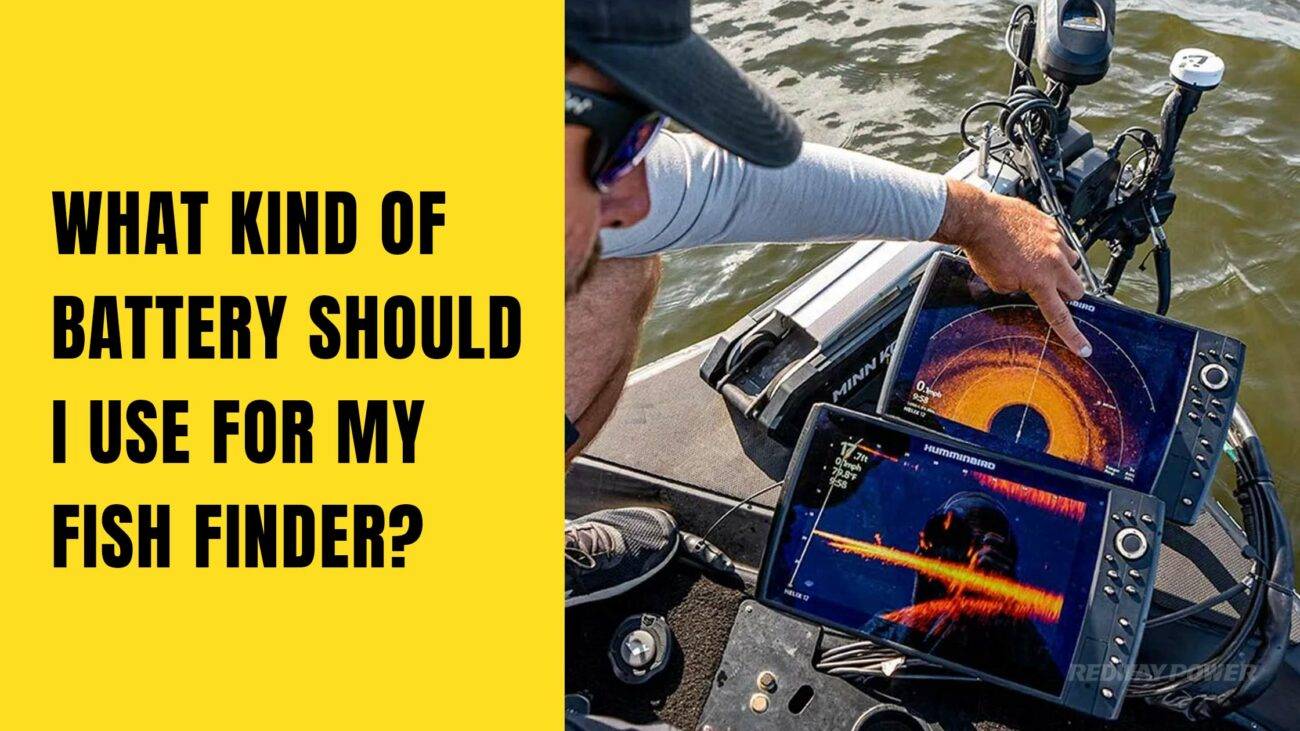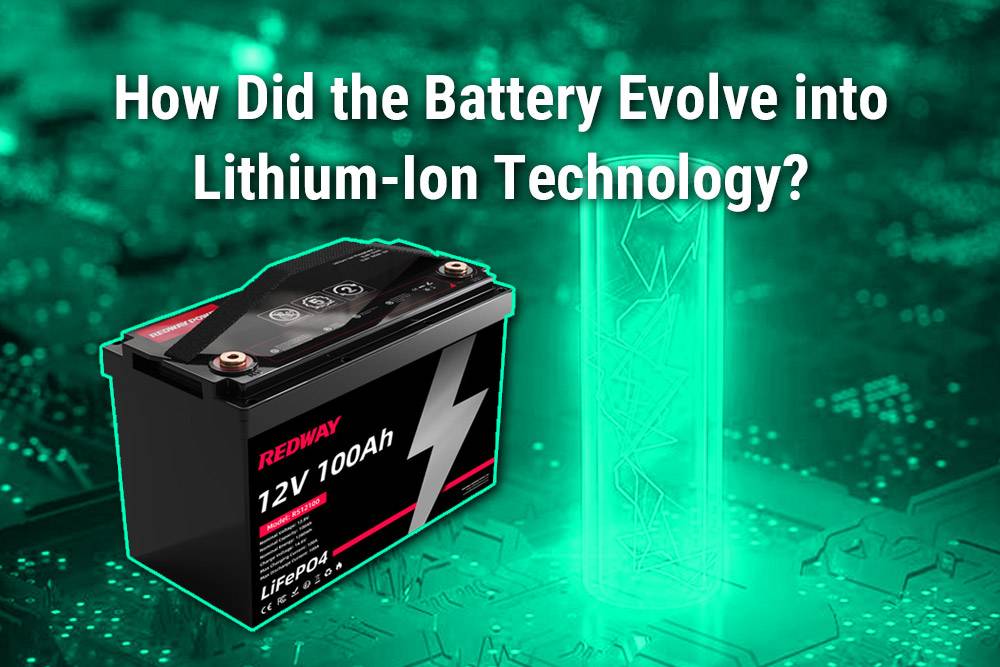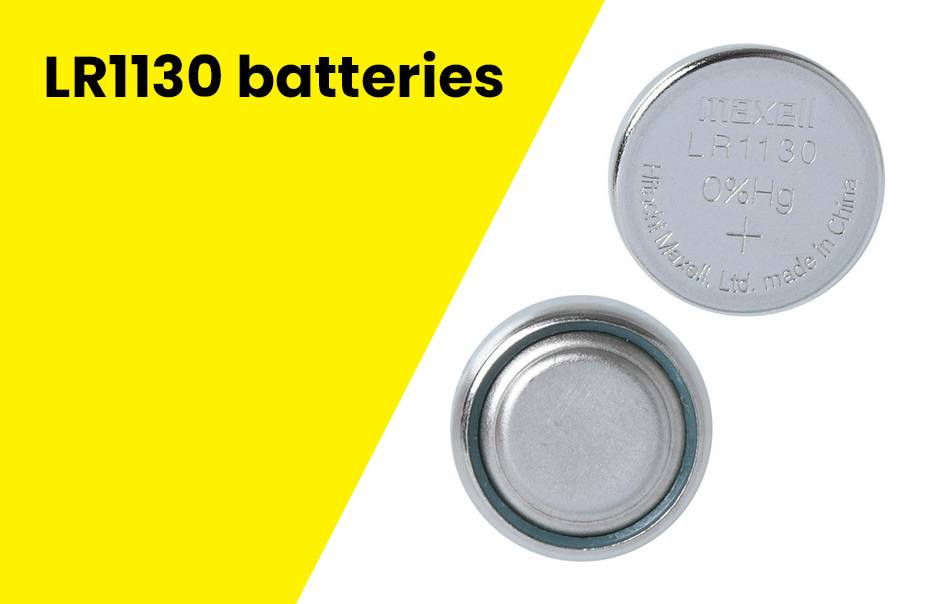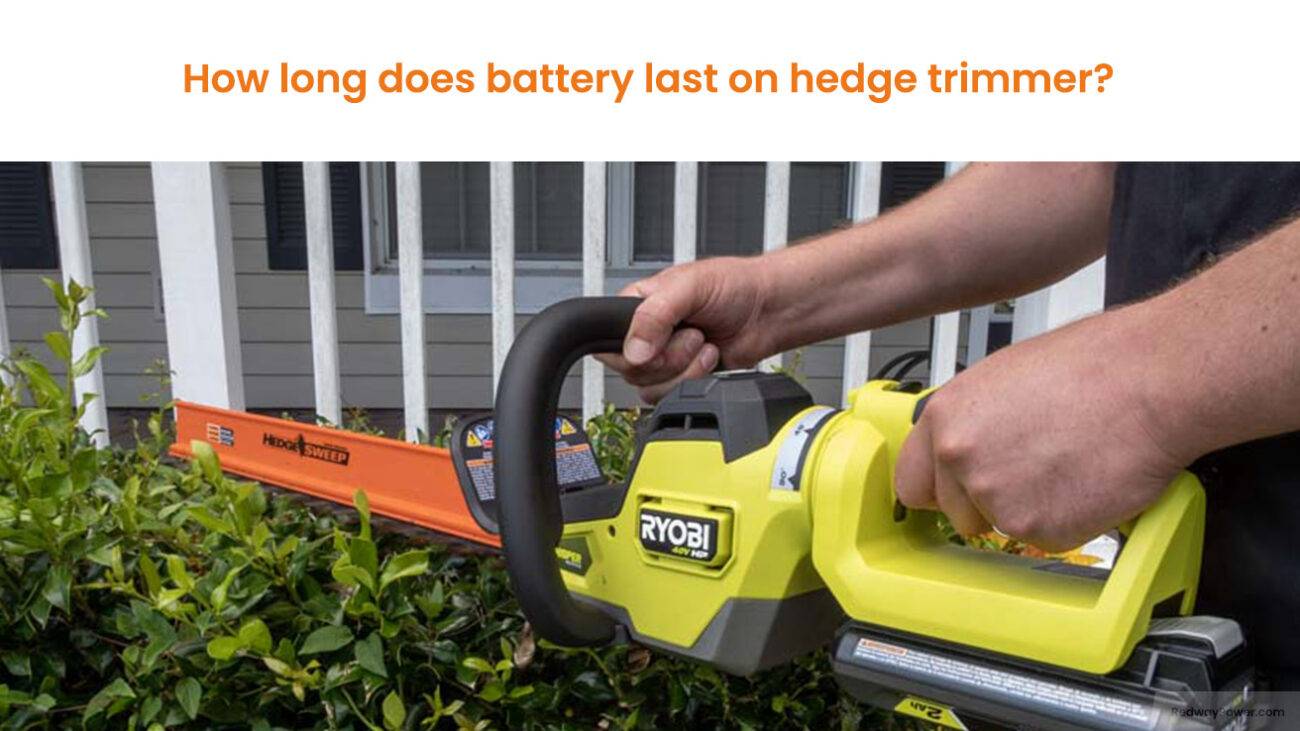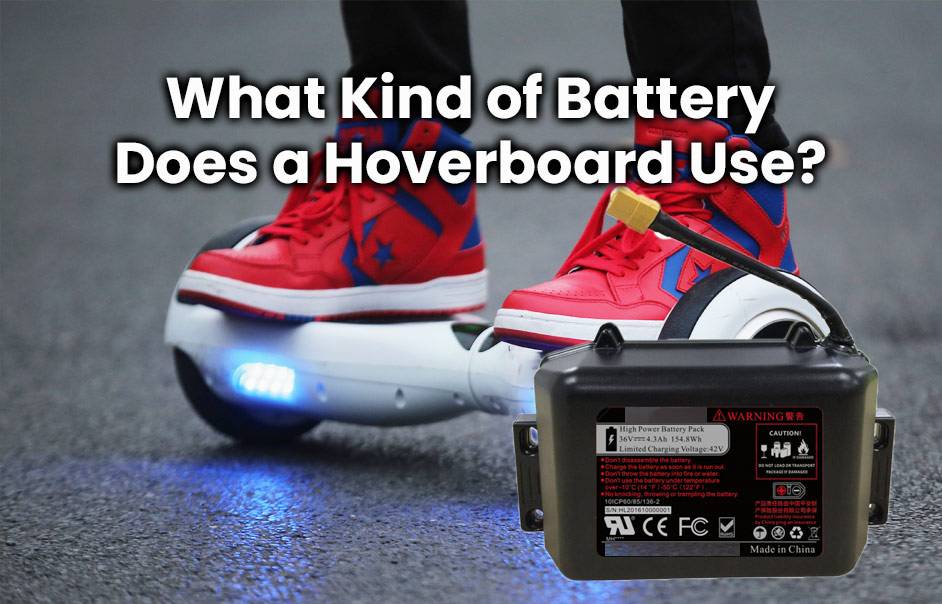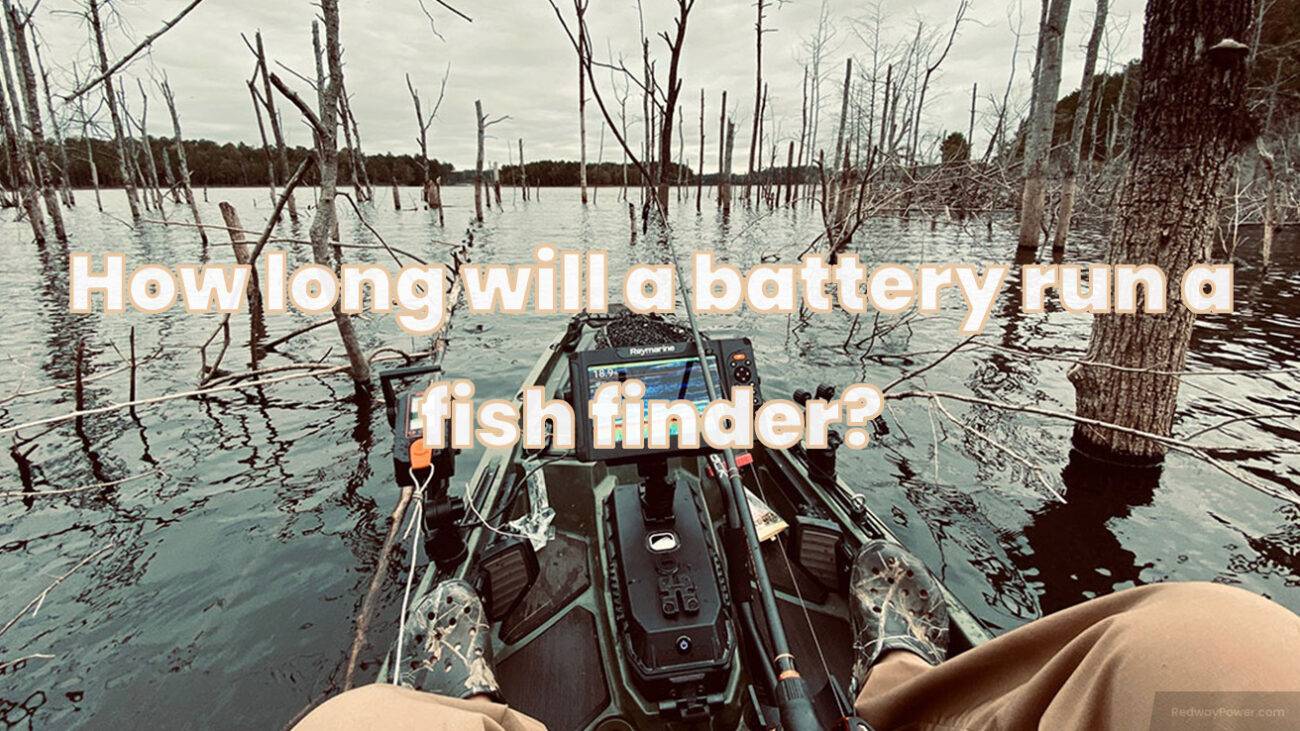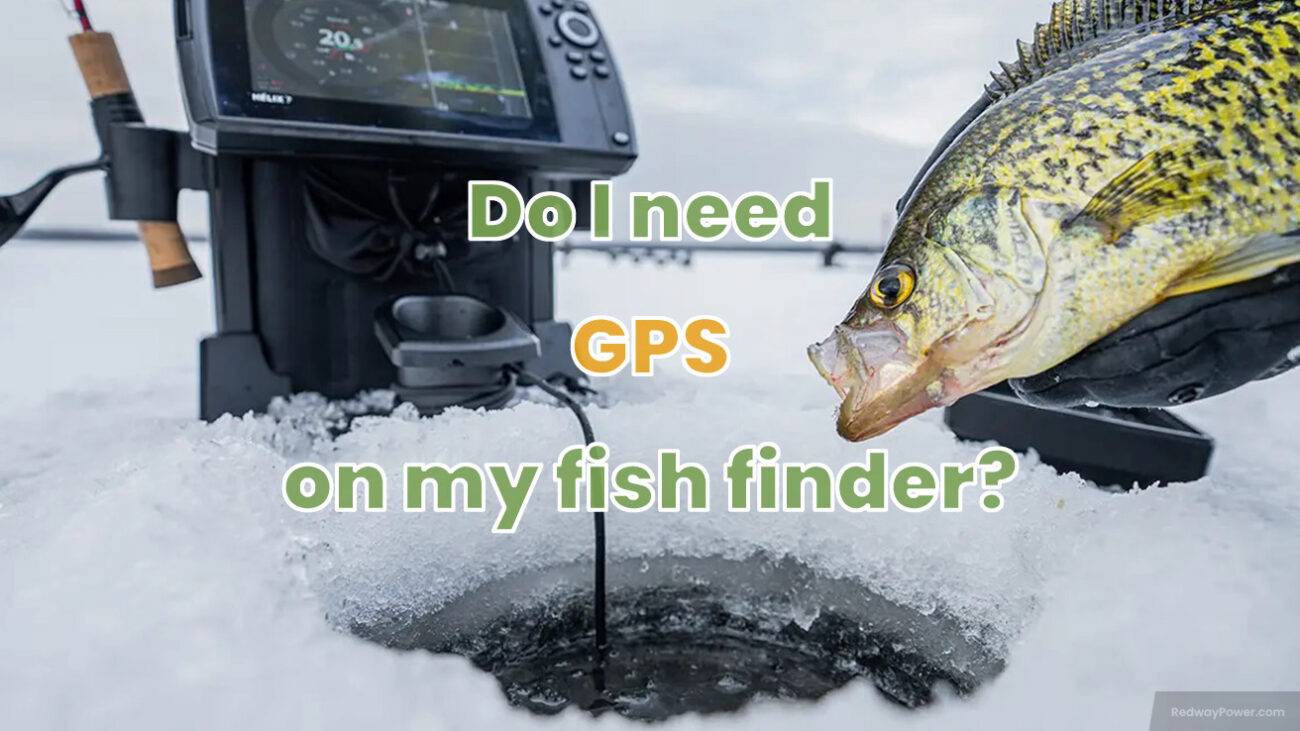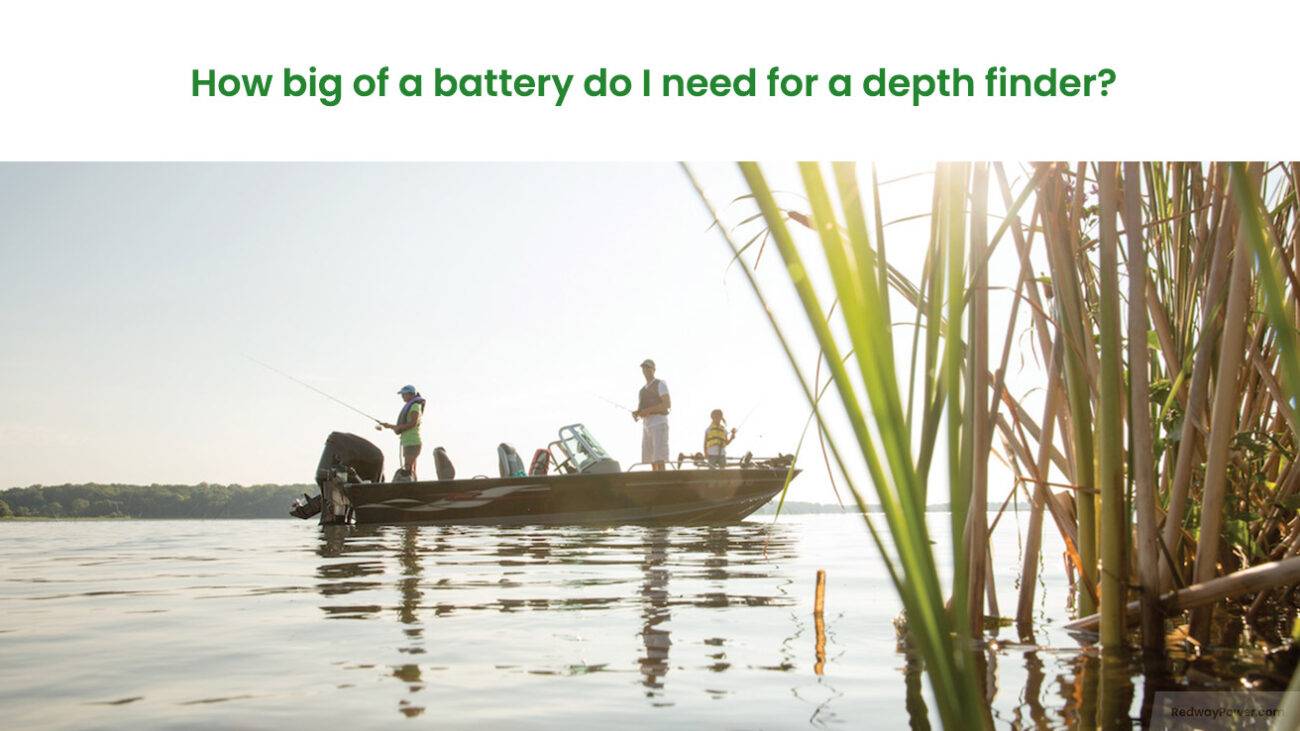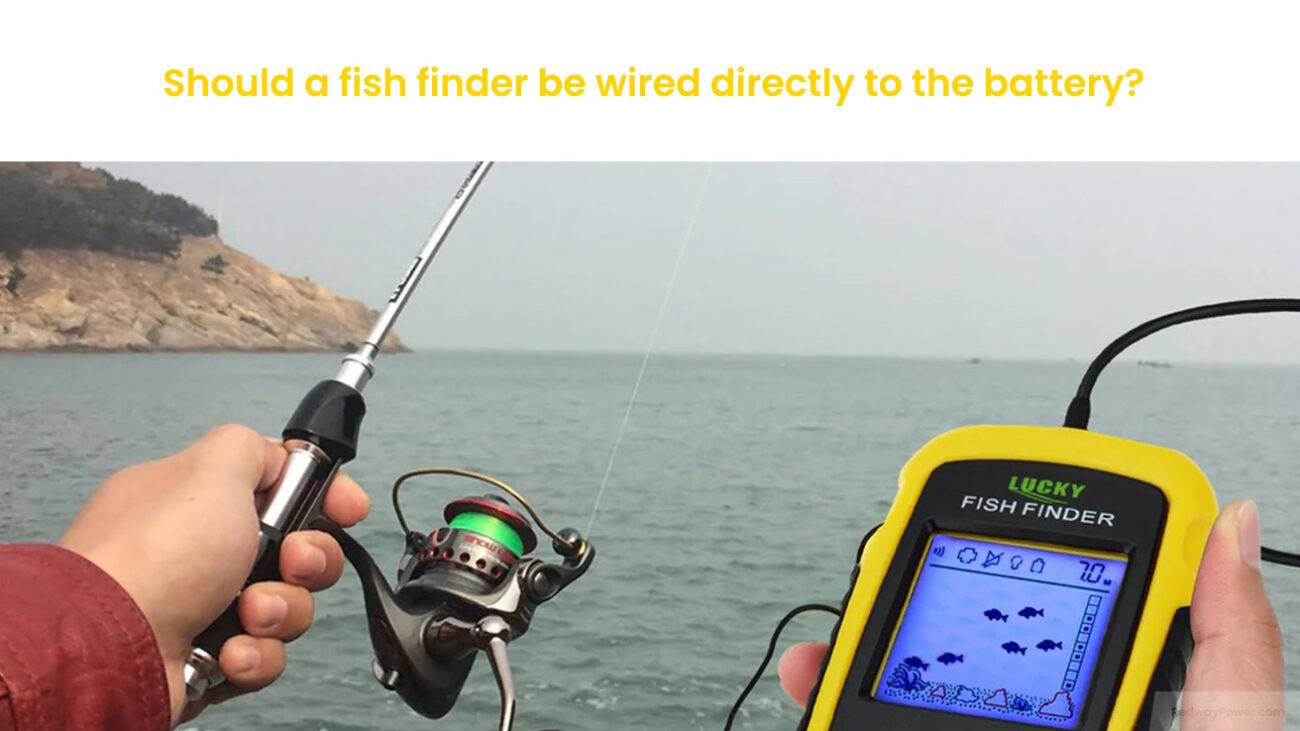- Lithium Golf Cart Battery
- Forklift Lithium Battery
-
48V
- 48V 210Ah
- 48V 300Ah
- 48V 420Ah (949 x 349 x 569 mm)
- 48V 420Ah (950 x 421 x 450 mm)
- 48V 456Ah
- 48V 460Ah (830 x 630 x 590 mm)
- 48V 460Ah (950 x 421 x 450 mm)
- 48V 460Ah (800 x 630 x 600 mm)
- 48V 460Ah (820 x 660 x 470 mm)
- 48V 500Ah
- 48V 560Ah (810 x 630 x 600 mm)
- 48V 560Ah (950 x 592 x 450 mm)
- 48V 600Ah
- 48V 630Ah
-
48V
- 12V Lithium Battery
12V 150Ah Lithium RV Battery
Bluetooth App | BCI Group 31
LiFePO4 Lithium
Discharge Temperature -20°C ~ 65°C
Fast Charger 14.6V 50A
Solar MPPT Charging - 24V Lithium Battery
- 36V Lithium Battery
- 48V Lithium Battery
-
48V LiFePO4 Battery
- 48V 50Ah
- 48V 50Ah (for Golf Carts)
- 48V 60Ah (8D)
- 48V 100Ah (8D)
- 48V 100Ah
- 48V 100Ah (Discharge 100A for Golf Carts)
- 48V 100Ah (Discharge 150A for Golf Carts)
- 48V 100Ah (Discharge 200A for Golf Carts)
- 48V 150Ah (for Golf Carts)
- 48V 160Ah (Discharge 100A for Golf Carts)
- 48V 160Ah (Discharge 160A for Golf Carts)
-
48V LiFePO4 Battery
- 60V Lithium Battery
-
60V LiFePO4 Battery
- 60V 20Ah
- 60V 30Ah
- 60V 50Ah
- 60V 50Ah (Small Size / Side Terminal)
- 60V 100Ah (for Electric Motocycle, Electric Scooter, LSV, AGV)
- 60V 100Ah (for Forklift, AGV, Electric Scooter, Sweeper)
- 60V 150Ah (E-Motocycle / E-Scooter / E-Tricycle / Tour LSV)
- 60V 200Ah (for Forklift, AGV, Electric Scooter, Sweeper)
-
60V LiFePO4 Battery
- 72V~96V Lithium Battery
- Rack-mounted Lithium Battery
- E-Bike Battery
- All-in-One Home-ESS
- Wall-mount Battery ESS
-
Home-ESS Lithium Battery PowerWall
- 24V 100Ah 2.4kWh PW24100-S PowerWall
- 48V 50Ah 2.4kWh PW4850-S PowerWall
- 48V 50Ah 2.56kWh PW5150-S PowerWall
- 48V 100Ah 5.12kWh PW51100-F PowerWall (IP65)
- 48V 100Ah 5.12kWh PW51100-S PowerWall
- 48V 100Ah 5.12kWh PW51100-H PowerWall
- 48V 200Ah 10kWh PW51200-H PowerWall
- 48V 300Ah 15kWh PW51300-H PowerWall
PowerWall 51.2V 100Ah LiFePO4 Lithium Battery
Highly popular in Asia and Eastern Europe.
CE Certification | Home-ESS -
Home-ESS Lithium Battery PowerWall
- Portable Power Stations
Will fish finder drain battery?
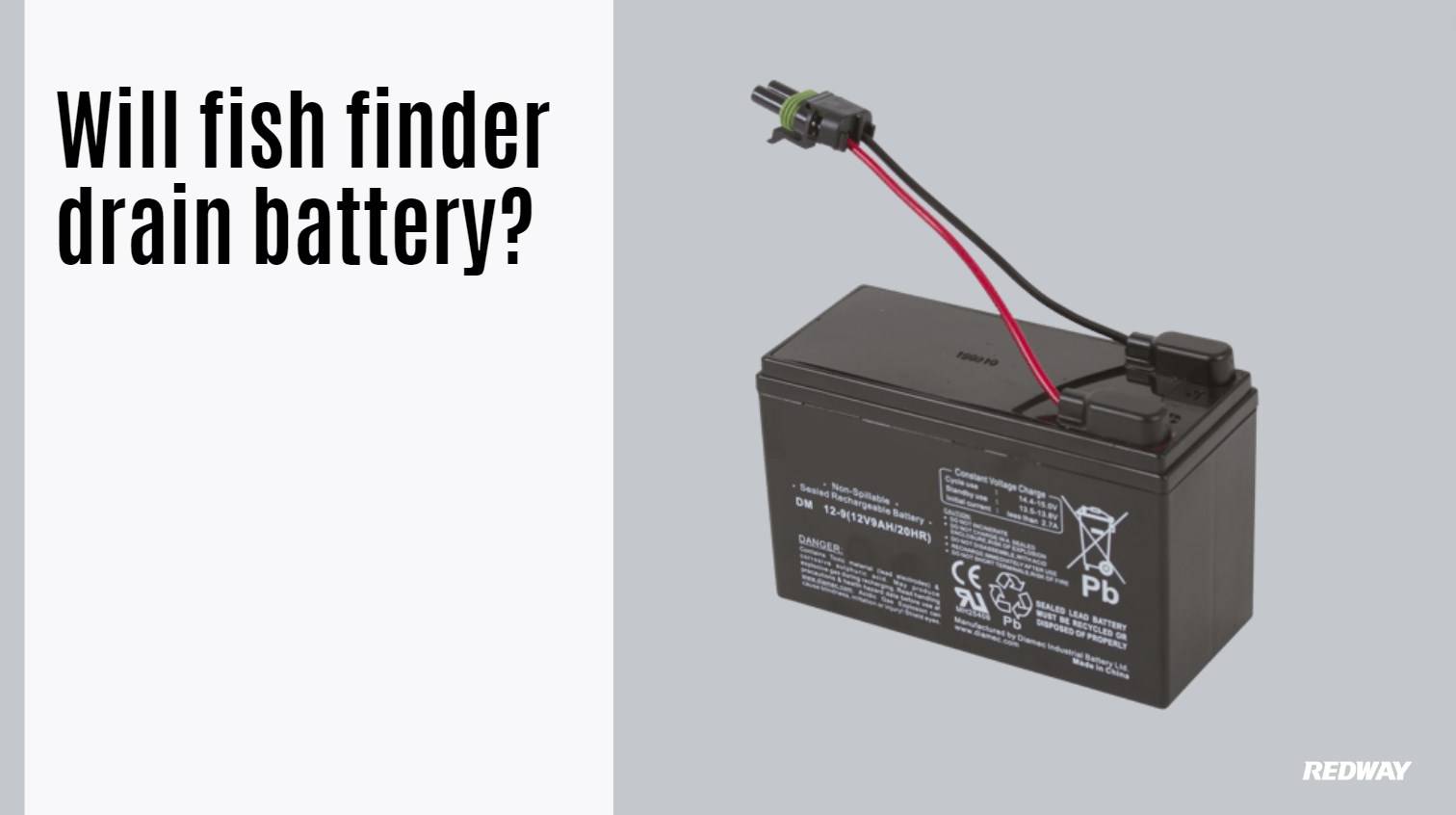
For avid anglers relying on fish finders, understanding their importance and preserving battery life is crucial. This blog post explores the world of fish finders, addressing concerns about battery drain. Whether you’re a novice or an experienced angler, valuable tips are provided to ensure optimal use of fish finders without compromising their power. Get ready to enhance your fishing experience by making the most out of this indispensable tool.
How Do Fish Finders Work?
Ever wondered how fish finders work? Let’s break it down:
- Sonar Technology: Fish finders utilize sonar technology to locate fish underwater. They emit sound waves that bounce off objects, such as fish or the water bottom. By measuring the time it takes for these waves to return, the device calculates the distance to the objects.
- Visual Representation: The gathered information is displayed on a screen, often as a graph or chart. This visual representation helps anglers interpret fish locations based on depth, structure, and other factors, making fishing more strategic.
- Advanced Features: Modern fish finders go beyond basic sonar. They incorporate advanced features like GPS integration and side scanning, providing detailed information about underwater topography. These additions help anglers pinpoint potential hotspots for a successful fishing expedition.
In conclusion, whether you’re a seasoned angler or a fishing enthusiast, your fish finder relies on impressive sonar technology beneath the surface to assist you in reeling in that big catch! Happy fishing!
Factors that Affect Battery Life of a Fish Finder
Let’s unravel the key factors influencing your fish finder’s battery life:
- Battery Type: Opt for lithium-ion batteries for an extended lifespan compared to other types, ensuring more fishing time.
- Screen Settings: Find the right balance in screen brightness. Higher brightness levels consume more power, so adjust accordingly for visibility while conserving battery life.
- Depth and Features: Fishing in deeper waters may drain the battery faster, and using power-intensive features like GPS or side imaging can impact overall battery life.
- Temperature Considerations: Extreme temperatures, whether hot or cold, can affect battery performance. Be mindful of the ambient temperature during your fishing trips.
To make the most of your fish finder’s battery, tailor screen settings to your needs, use features judiciously, and have spare batteries or chargers on hand for uninterrupted fishing adventures. Now, you can focus on reeling in the big catch without worrying about running out of power! Happy fishing!
Tips to Preserve Battery Life
Enhance your fishing experience and make the most of your fish finder’s battery life with these simple tips:
- Dim the Brightness: Extend battery runtime by lowering screen brightness. Most fish finders offer adjustable settings, allowing visibility without sacrificing power.
- Use Maps Wisely: Minimize map usage to conserve power. Enable maps only when necessary for locating fishing spots.
- Toggle Features Mindfully: Disable non-essential features like GPS tracking or depth alarms to save power. Prioritize functions that truly enhance your fishing experience.
- Optimize Ping Rate: Reduce the ping rate to save power without compromising accuracy. Adjusting how frequently signals are sent and received helps conserve energy.
- Disconnect When Done: After your fishing expedition, disconnect all power sources from your fish finder. Unplug cables and turn off switches to ensure power is preserved when not in use.
By following these tips, you’ll ensure that your fish finder’s battery lasts, providing uninterrupted support for your fishing adventures! Happy fishing!
Best Practices for Charging and Maintaining Fish Finder Batteries
Follow these simple yet crucial tips to ensure the longevity and optimal performance of your fish finder batteries:
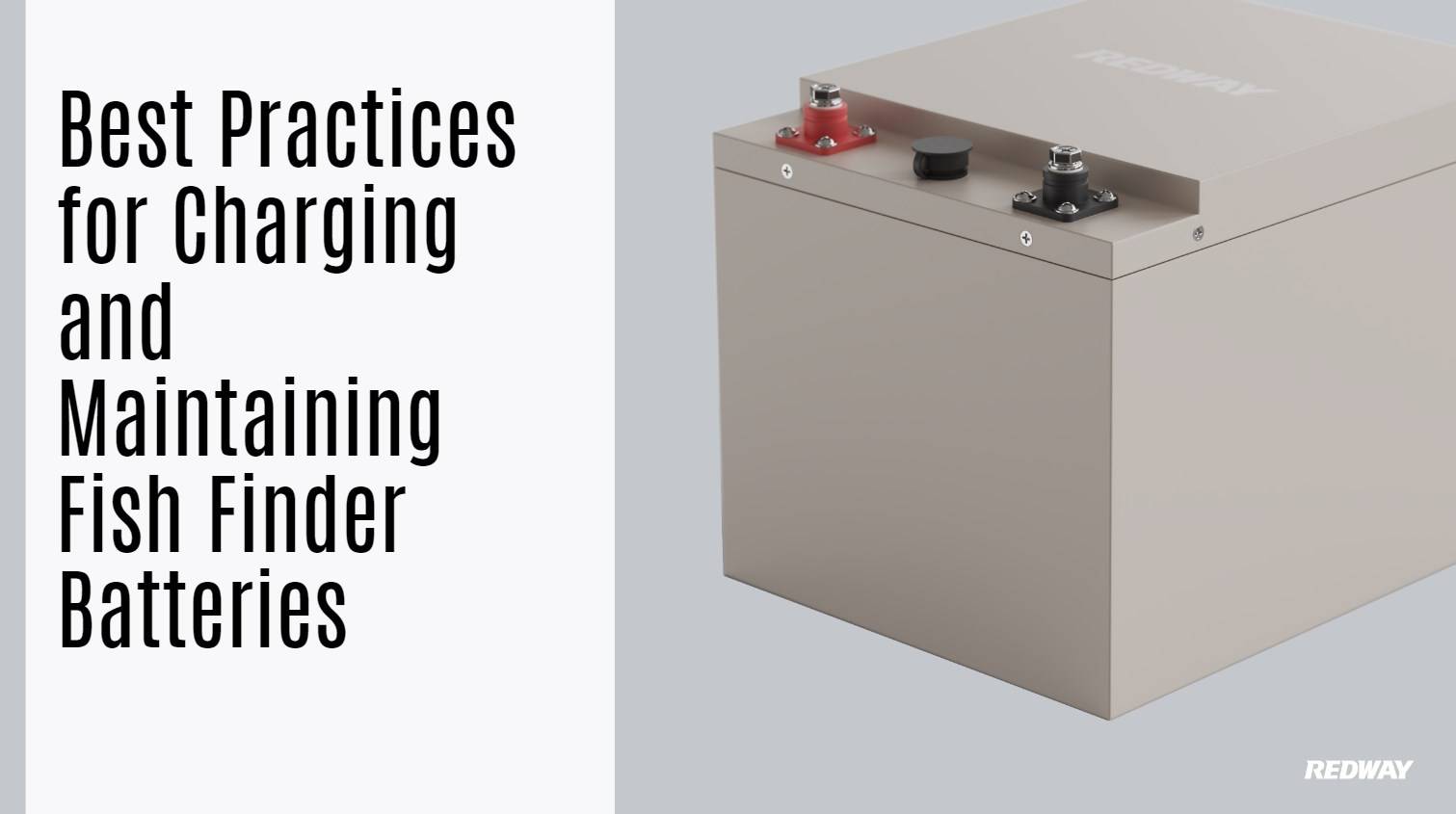
- Use the Right Charger: Always use the manufacturer-provided charger or a recommended alternative to prevent overcharging or undercharging, which can significantly impact battery life.
- Avoid Full Discharge: Don’t leave batteries fully discharged for extended periods. Recharge them promptly after use to prevent sulfation, a common issue with lead-acid batteries in a discharged state.
- Proper Storage Matters: Store batteries in a cool, dry place away from direct sunlight and extreme temperatures. Heat or cold can damage cells and shorten battery lifespan.
- Regular Terminal Check: Inspect battery terminals for corrosion regularly. If corrosion is present, clean it using a solution of water and baking soda applied with a brush.
- Consider a Battery Maintainer: Invest in a quality battery maintainer or trickle charger for prolonged storage between uses. These devices provide a slow, steady charge without overcharging, maintaining optimal battery health.
By incorporating these best practices into your routine, you’ll maximize the lifespan of your fish finder batteries, ensuring they perform reliably on every fishing expedition!
Common Misconceptions about Fish Finder Battery Drainage
Explore and debunk these misconceptions surrounding fish finder battery usage to optimize performance on your fishing adventures:
- Higher Power Output Myth: Contrary to belief, using a higher power setting on your fish finder doesn’t necessarily drain the battery faster. Modern fish finders are designed for efficiency, and the key factor is the duration of use, not the specific power setting.
- Standby Mode Misconception: While standby mode reduces power consumption, it still utilizes energy. If you’re not actively using the fish finder, it’s advisable to turn it off completely to conserve battery life.
- Cold Temperature Impact: Quality fish finder batteries are resilient to various weather conditions, and the impact of colder temperatures on battery performance is generally minimal. Extreme cold may affect batteries in general, but modern fish finder batteries are built to withstand these conditions.
- Transducer Connection Belief: Keeping the fish finder connected to its transducer when not in use doesn’t necessarily drain the battery faster. Ensure proper connections and wiring integrity to prevent any unnecessary power loss.
- Overcharging Concerns: Charging your fish finder overnight or keeping it plugged in constantly is not harmful. Modern chargers often feature smart charging technology that prevents overcharging and extends overall battery lifespan.
Understanding these myths will help you make informed decisions, extending your fish finder’s battery life and enhancing its reliability during fishing expeditions!
The Bottom Line on Fish Finder Batteries
Navigating the realm of fish finder batteries involves considering various factors impacting power consumption. While fish finders do utilize energy, the degree of battery drainage is contingent on factors like usage duration, settings, and battery capacity.
To optimize your fishing adventures while preserving battery life:
- Choose Wisely: Opt for fish finders with efficient power management features, including adjustable brightness and auto-sleep modes.
- Fine-Tune Display Settings: Adjust backlight intensity and color depth to extend battery life without sacrificing visibility. Use sonar judiciously to avoid unnecessary depletion.
- Maintenance Matters: Regularly maintain your fish finder’s battery with proper charging cycles, avoiding overcharging or undercharging. Keep connections clean to ensure optimal performance.
- Device Connectivity: Contrary to belief, connecting other devices won’t necessarily hasten battery drainage unless they draw significant power.
- Be Prepared: Invest in spare batteries or marine-friendly portable chargers for extended fishing trips.
Understanding these nuances empowers you to strike a balance between leveraging technology benefits and conserving energy – ensuring you’re always ready to seize that big catch on your fishing excursions!














